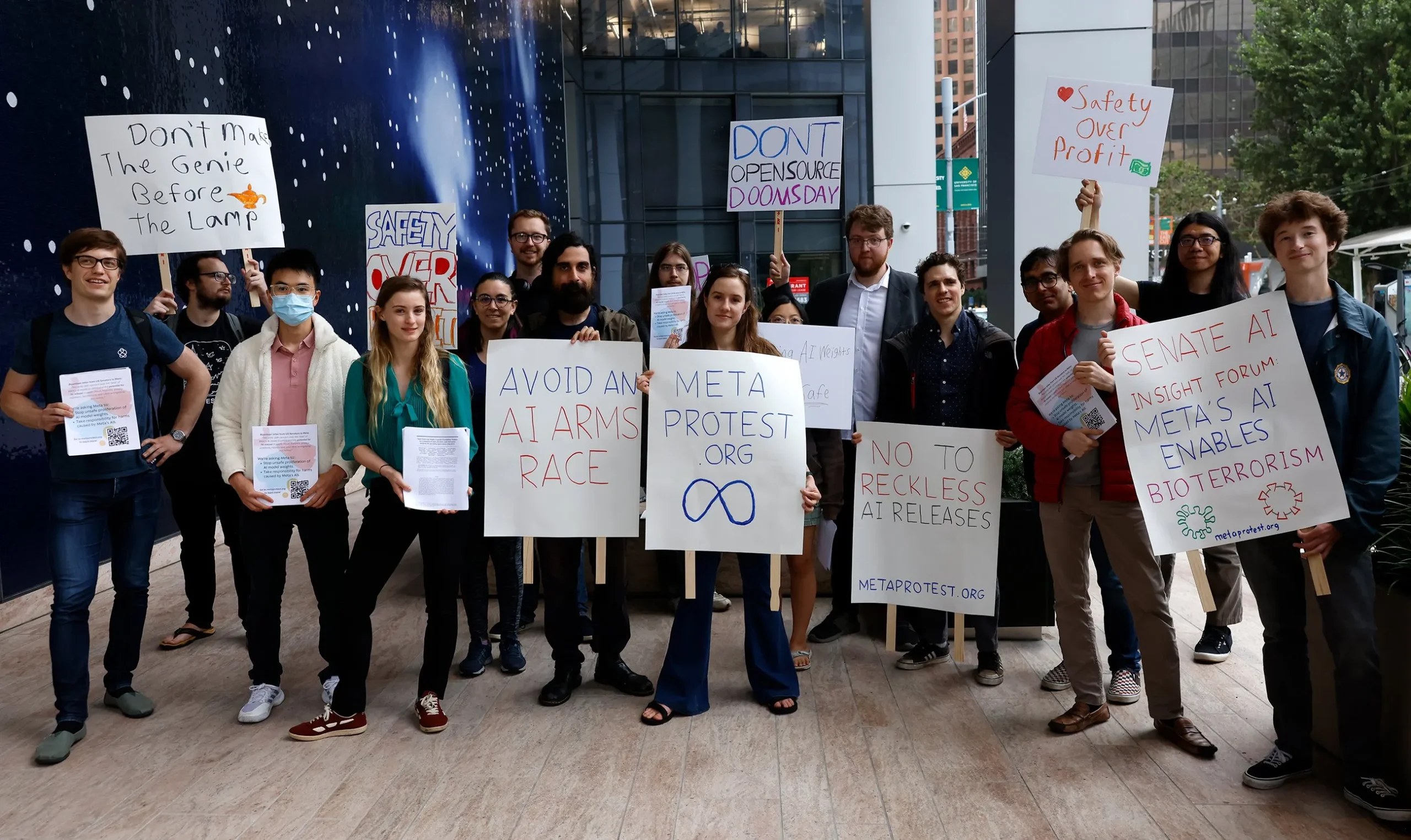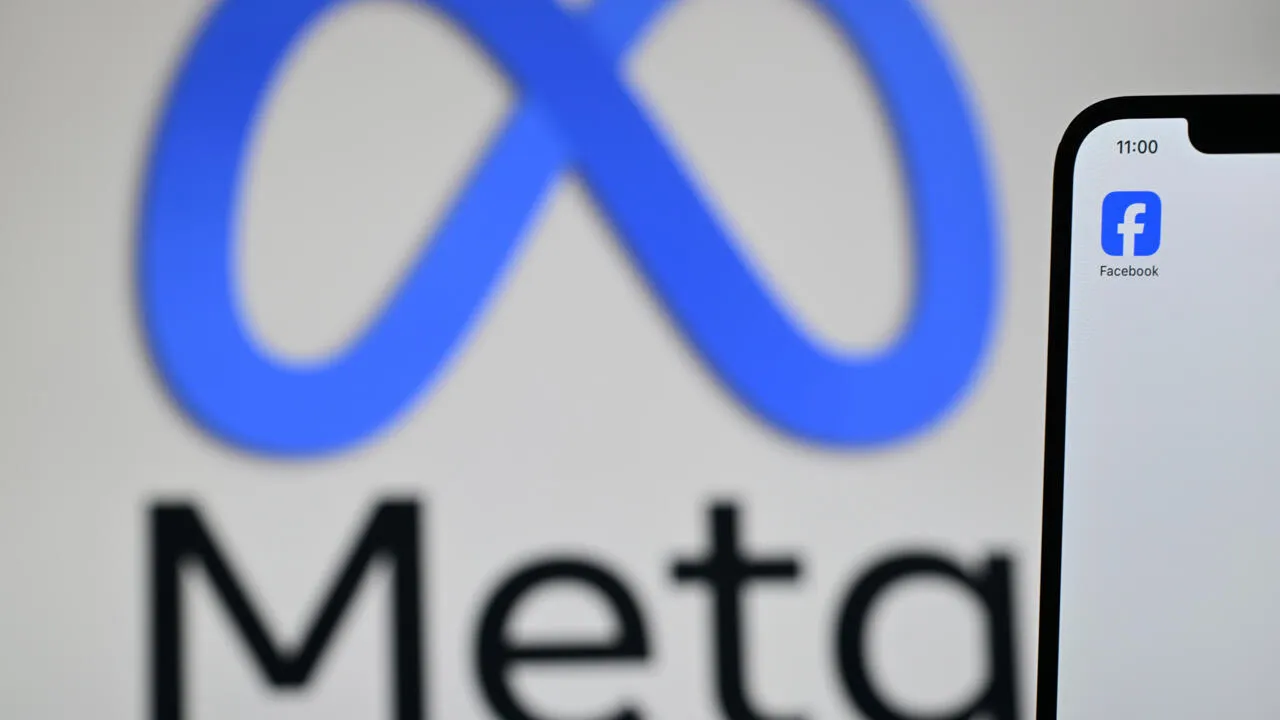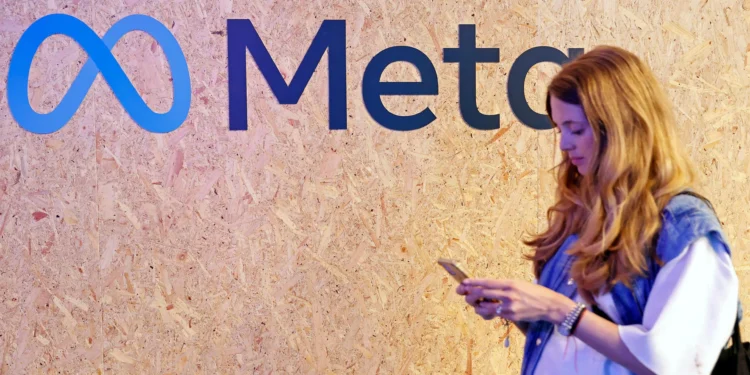A group of authors, poets, and industry professionals is preparing to take their opposition to Meta’s use of copyrighted books to train its AI models directly to the company’s doorstep. The protest will take place outside Meta’s King’s Cross office in London today, as part of growing concerns about the company’s use of the LibGen database, a notorious “shadow library” that contains millions of books.

High-Profile Writers Join the Demonstration
Among the prominent figures expected to join the demonstration are bestselling novelists Kate Mosse and Tracy Chevalier, as well as renowned poet and former Royal Society of Literature chair, Daljit Nagra. The protestors will gather at Granary Square at 1:30 PM, before hand-delivering a letter from the Society of Authors (SoA) to Meta. The letter, which will also be sent to Meta’s headquarters in the United States, is an urgent call for the tech giant to reconsider its methods of using copyrighted material for artificial intelligence development.
LibGen Database and Allegations Against Meta
The controversy erupted earlier this year after a US court filing suggested that Meta CEO Mark Zuckerberg had approved the company’s use of LibGen, a database containing more than 7.5 million books, to train the company’s artificial intelligence models. The matter gained further attention last month when The Atlantic republished a searchable database of the books available on LibGen. This prompted many authors to discover that their own works may have been used without permission to power Meta’s AI systems.

“Illegal and Devastating”: Writers Speak Out
The protest is fueled by the claim that Meta has stolen copyrighted books, undermining the hard work and creativity of authors. Vanessa Fox O’Loughlin, the chair of the Society of Authors, condemned Meta’s actions as “illegal, shocking, and utterly devastating for writers.” She added that creating a book often takes years of effort and dedication, with many authors fearing the impact AI could have on their livelihoods if the practice continues unchecked.
“A book can take a year or longer to write. Meta has stolen books so that their AI can reproduce creative content, potentially putting these same authors out of business,” O’Loughlin said. Her words reflect a sentiment shared by many in the literary world who feel their intellectual property rights are being violated for corporate gain.

Meta Responds: Claiming Legal Compliance
In response to the growing backlash, Meta issued a statement defending its actions. A spokesperson for the company stated, “We respect third-party intellectual property rights and believe our use of information to train AI models is consistent with existing law.” This defense, however, has done little to quell the anger among authors, who argue that the use of copyrighted materials without consent represents an exploitation of their creative efforts.

The Future of Copyright in the Age of AI
This protest highlights the increasing tension between the worlds of literature and technology. As AI continues to develop, questions around copyright, intellectual property, and the ethics of machine learning will only grow more pressing. For authors, this protest is just one step in an ongoing battle to protect their work and ensure that their rights are respected in a rapidly evolving digital landscape.
As the demonstration unfolds, all eyes will be on Meta to see how it responds to the concerns of the literary community and whether any changes will be made to its approach to using copyrighted material for AI development.










